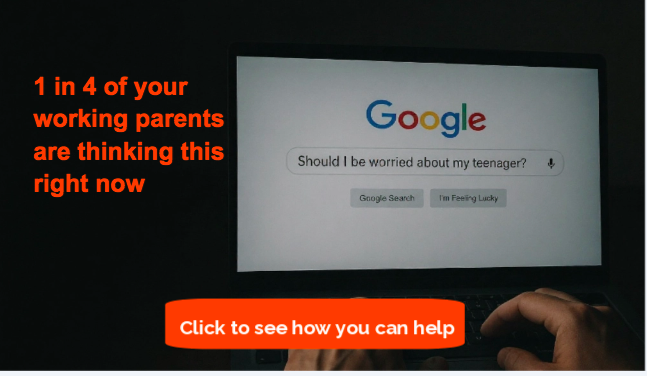What Would You Do If Your Teen Texted You, ‘I Don’t Want to Live’?
What Would You Do If Your Child Texted ‘I Don’t Want to Live’?
Sit with that for a moment.
Hear the sound of your phone.
Picture the words on the screen.
Feel you catching your breath.
Imagine your mind racing.
Envision your hands shaking while you reply.
Most parents believe this will never happen in their home.
Most parents believe their child would always come to them.
Most parents believe they would see the signs long before things reached that point.
I used to believe that too.
Kids rarely say the actual words. They speak through changes in behaviour.
They withdraw.
They avoid eye contact.
They stay quiet when you ask gentle questions.
They stop caring about things they once loved.
They give hints that feel easy to overlook when life is busy.
Parents miss these signs because they are working.
Exhausted.
Juggling responsibilities.
Trying to keep the home steady.
Trying to keep their own mental health in check.
And while all that is happening, the clock keeps ticking.
If you try to get a referral for a proper mental health assessment, you will wait weeks or likely months.
During that wait, your child still struggles.
You still brace yourself every day, hoping things do not get worse.
This is the part most people do not want to talk about.
The waiting period.
The fear that grows while you are waiting.
The hope that someone will call with an earlier appointment.
Parents live in that space far more than you think.
Every year, thousands of families face a crisis long before they reach the right professional.
Many of those parents had no idea their child was in trouble.
Some did see it, but could not get help in time.
Others got a warning message that shook them to the core.
These parents all ask the same question.
”What could I have done earlier?”
That question is what brings us here.
A new approach for workplaces and parents
One in four working parents in your office has a child who is struggling.
Most of them will never say a word.
Most of them will wait until things are serious.
Most of them will reach out only when they are overwhelmed.
You can support these parents long before they reach a breaking point.
LifeLine Education Workshops
These workshops show parents what signs to look for.
They teach them how to ask better questions.
They teach them how to listen without shutting their child down.
They give your employees tools they can use before or after a crisis.
They leave with real resources, not vague ideas.
This gives families a fighting chance to catch concerns early.
Mentorship as an early support system
Some kids need someone outside the home who listens.
Someone who talks to them without judgment.
Someone who helps them build confidence and direction.
Mentorship can calm things before they unravel.
This option works when you identify concerns early.
When professional help is required
If a child needs clinical care, waiting months is not acceptable.
Parents need a clear route to professionals who can assess and support their child quickly.
We provide an expedited clinical referral network so families are not left on their own.
This removes confusion.
This removes long gaps.
This removes dangerous waiting periods.
The MentorWell solution
LifeLine Workshops for early detection.
Mentorship for emotional support.
Expedited diagnosis and referral when professional intervention is needed.
Three layers of support.
All created for the moments parents fear most.
All built so no family sits alone on the edge of a crisis.
Note: The Mentorship and Expedited diagnosis and referral components are only available in Canada currently


